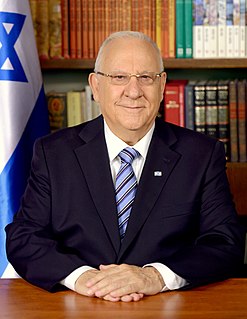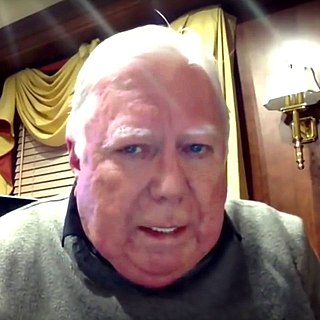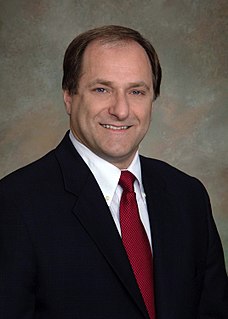A Quote by Jose Antonio Vargas
The No. 1 question I get is, "Do you believe in an open-borders policy?" I'm like, wait a second: What does that really mean? When you say open-borders policy, do you mean that - this is like the US-Mexico border? We put up a sign that says "Keep Out," then 10 yards in we say, "Job Wanted." Is that what people mean by open borders? So that usually shuts people up. But that's the truth.
Related Quotes
Leftists put in these emotional, illogical, and irrelevant terms, and they make people's hearts melt, "He's so wonderful. He cares about people." And so you get open borders, you get open borders in Europe. And, by the way, it's always a one-way street. Why are refugees incapable of shelter and love and compassion in their own countries? That's a good question.
Secretly, the Bush administration is pursuing a policy to expand NAFTA politically, setting the stage for a North American Union designed to encompass the U.S., Canada, and Mexico. What the Bush administration truly wants is the free, unimpeded movement of people across open borders with Mexico and Canada.
I just think, realistically, there's a lot of room outside the Trump populist right and the Bernie-Sanders-Elizabeth-Warren populist left. There are a lot of us who believe in open trade, open borders, a dynamic forward-looking economy, not a nostalgic economy, but do want to provide a significant level of social service or sort of economic Milton Friedman foreign policy, Ronald Reagan domestic policy, Franklin Roosevelt. And there's a lot of room in the center.
Any true wizard, faced with a sign like 'Do not open this door. Really. We mean it. We're not kidding. Opening this door will mean the end of the universe,' would automatically open the door in order to see what all the fuss is about. This made signs rather a waste of time, but at least it meant that when you handed what was left of the wizard to his grieving relatives you could say, as they grasped the jar, 'We told him not to."































